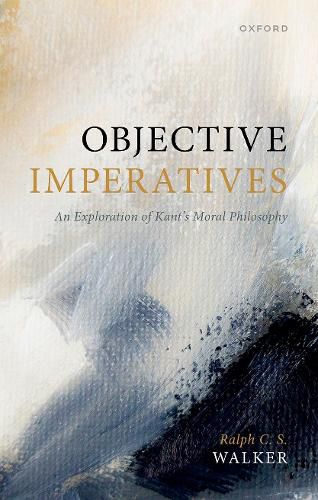Readings Newsletter
Become a Readings Member to make your shopping experience even easier.
Sign in or sign up for free!
You’re not far away from qualifying for FREE standard shipping within Australia
You’ve qualified for FREE standard shipping within Australia
The cart is loading…






Kant held the moral law to be an objective imperative, an entity in its own right. It carries with it prescriptive force, in parallel to other principles of pure reason, like those of logic and mathematics. Objective imperatives therefore do not derive their authority from any other source, such as common consensus or the will of God. In Objective Imperatives, Ralph C. S. Walker seeks to show that this is a highly defensible view: Kant’s Categorical Imperative, properly understood, is broadly right. The key to it is rationality, and not universality, which functions only as an approximate test. Often, Kant sets the matter out badly, and most of the common objections to him can be shown to be due to misunderstandings. A morality that gives us an objective imperative does appear incompatible with the determinism to which Kant commits himself, but Walker argues that this appearance is misleading.
$9.00 standard shipping within Australia
FREE standard shipping within Australia for orders over $100.00
Express & International shipping calculated at checkout
Kant held the moral law to be an objective imperative, an entity in its own right. It carries with it prescriptive force, in parallel to other principles of pure reason, like those of logic and mathematics. Objective imperatives therefore do not derive their authority from any other source, such as common consensus or the will of God. In Objective Imperatives, Ralph C. S. Walker seeks to show that this is a highly defensible view: Kant’s Categorical Imperative, properly understood, is broadly right. The key to it is rationality, and not universality, which functions only as an approximate test. Often, Kant sets the matter out badly, and most of the common objections to him can be shown to be due to misunderstandings. A morality that gives us an objective imperative does appear incompatible with the determinism to which Kant commits himself, but Walker argues that this appearance is misleading.